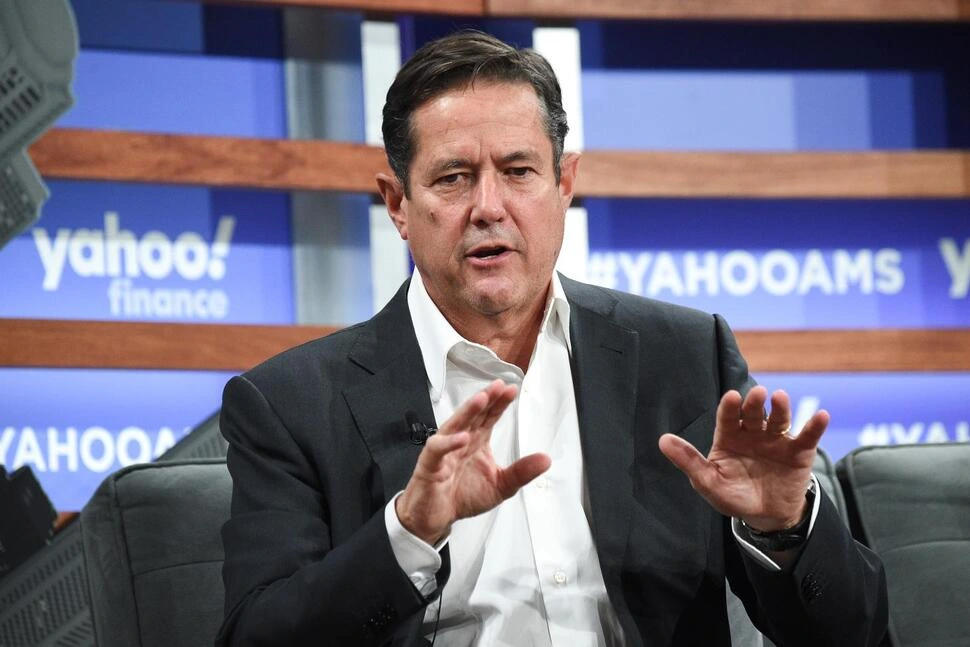Ex-Barclays Chief Jes Staley Loses Appeal Against U.K. Finance-Sector Ban
A U.K. tribunal has upheld regulators’ decision to bar former Barclays CEO Jes Staley from senior financial roles and fine him over misleading statements about his ties to Jeffrey Epstein, ending his bid to revive a 40-year City career.
Former Barclays chief executive Jes Staley has lost his high-stakes appeal to overturn the Financial Conduct Authority’s (FCA) 2023 order that bars him from holding senior roles in Britain’s financial sector. The Upper Tribunal, the U. K.
’s specialist court for financial-services disputes, ruled that “overwhelming” evidence showed Staley misled the regulator about the depth and duration of his relationship with convicted sex-offender Jeffrey Epstein, and that the FCA’s ban was “a reasonable and proportionate course of action. ” marketwatch. com reuters.
com The tribunal found that a 2019 letter sent to the FCA—drafted by Barclays and approved by Staley—incorrectly described his Epstein links as neither close nor recent. Subsequent disclosures, including hundreds of emails between the two men while Staley headed JPMorgan’s private-bank, contradicted that account. marketwatch.
com Although the judges upheld the prohibition, they trimmed Staley’s personal fine from £1. 8 million to £1. 1 million, noting he had already forfeited unvested Barclays shares worth millions.
They nonetheless criticised his “serious failure of judgement” and noted that he had shown “no remorse” for his conduct. reuters. com What the ruling means for Staley At 68, Staley is effectively shut out of senior posts across the U.
K. ’s £10 trillion financial industry. The ban also complicates any future ambitions in other global centres, because foreign regulators often look to U.
K. fitness-and-propriety findings when vetting executives. Staley said he was “disappointed” by the decision but gave no indication he would seek further appeal.
reuters. com Why the FCA acted The FCA’s case did not accuse Staley of involvement in Epstein’s crimes. Instead, it centred on integrity—arguing that a chief executive must give “full, frank and accurate” information to regulators, especially on reputational risks that could affect the bank’s safety and soundness.
“Today’s judgment reinforces the high standards we expect from the people who run our financial system,” said Therese Chambers, the FCA’s enforcement chief, after the ruling. marketwatch. com How we got here 2015 — Staley becomes Barclays CEO after a long career at JPMorgan.
2019 — Epstein is arrested; Barclays directors ask Staley to explain his past ties. 2020 — U. S.
court filings reveal extensive email contact between the two; U. K. regulators launch probes.
Nov 2021 — Staley resigns from Barclays as the inquiry intensifies. Oct 2023 — FCA and Prudential Regulation Authority issue the ban and fine. Jun 2025 — Upper Tribunal upholds the sanctions.
Wider industry impact The decision arrives as regulators worldwide sharpen scrutiny of “non-financial misconduct”—behaviour that may not breach banking rules but raises questions about honesty or culture. Legal experts say the case sets a precedent that senior managers cannot rely on selective disclosures, even about events predating their current roles. Banks, meanwhile, are reevaluating executive due-diligence checks on personal associations and potential reputational hazards.
What’s next Staley could petition the Court of Appeal, but success rates are low and would likely focus on points of law rather than fact. For the FCA, the ruling strengthens its hand in other high-profile conduct cases and signals to global peers that London remains a tough regulator despite post-Brexit competition rhetoric.
22nd july 2025



